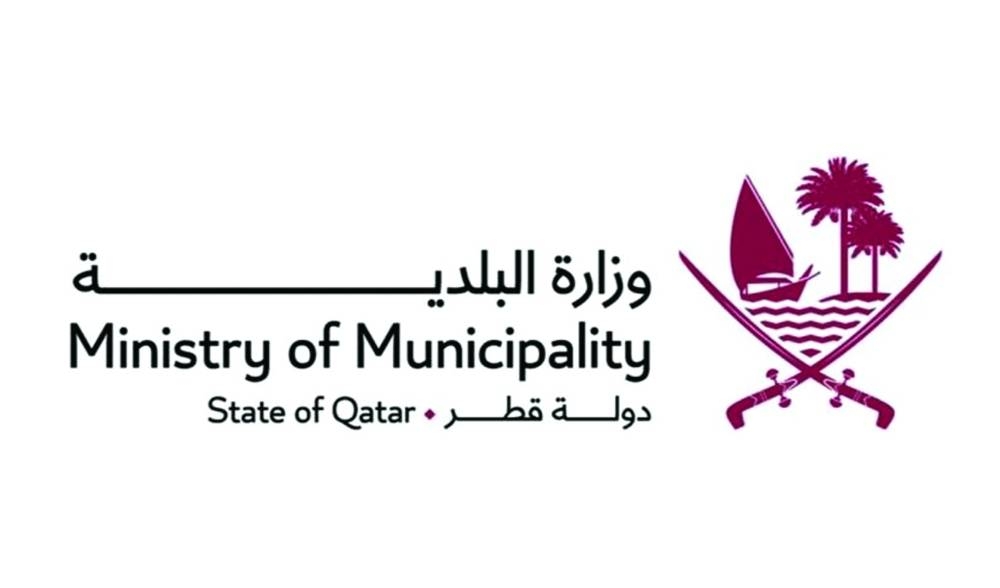The Ministry of Municipality launched a project to develop protected farming and climate-smart agriculture, in co-operation with the Korea Trade-Investment Promotion Agency (KOTRA), the Hyundai Research Institute, and the Plant Farm company.
The project aims to better understand agriculture in Qatar, come up with realistic recommendations, and identify the most appropriate technologies to develop and enhance its agricultural and food production capabilities in a manner that is sustainable, natural resource-efficient, adaptive to climate change, and limiting negative impacts on the environment.
In this regard, Director of the Food Security Department Dr Masoud Jarallah al-Marri said that this project comes within the framework of co-operation and the memorandum of understanding on agriculture and food security signed by Qatar and South Korea end of last year, aiming to determine the expected climate change effects that could impact food production in Qatar, propose the necessary means and measures to mitigate their repercussions, such as by increasing production efficiency and the use of modern technologies and practices, and to create varieties that are resistant to drought, high temperatures, and high humidity levels.
The project will benefit from South Korea's successes that are relevant and applicable in Qatar. Dr al-Marri expressed his hope that this project will meet its goals and strengthen Qatar-South Korea ties through knowledge and expertise exchange, praising Qatar-based research institutions and farms' contributions to implement this project.
The Director of the Food Security Department at the Ministry of Municipality said that KOTRA helps countries identify their agricultural challenges and offers Korean technologies and financial projects to deal with those challenges.
Dr al-Marri said that discussions will be held in the context of this project with farmers, companies, and stakeholders in order to overcome agricultural challenges and advance food production to reach a self-sufficiency level, in light of state aspirations, in addition to enhancing the responsible use of water and energy resources and to lengthen the farming season to as long as possible.
He said that the ministry's new food security strategy 2024-2030, to be finalised and approved soon, will work on converting open-air agricultural activities to enclosed ones in order to reduce evaporation rates and water wastage, as well as to avoid soil-related issues.
He added that this was proven to be Qatar's ideal solution given its environment and climate conditions, whereby It increases productivity, reduces water use, lengthens the farming season, reduces pests, provides ease of control, and uses fertilizers efficiently.
Dr al-Marri said that most types of modern international agricultural practices are employed in Qatar, praising the ministry's support for the private sector by providing it with information and counseling, seeds and fertiliser, with greenhouses at times, in addition to facilitating administrative and financial matters.
He also praised the private sector for adopting the latest technologies and best practices, advancing the agricultural sector and working towards the country's food security.

